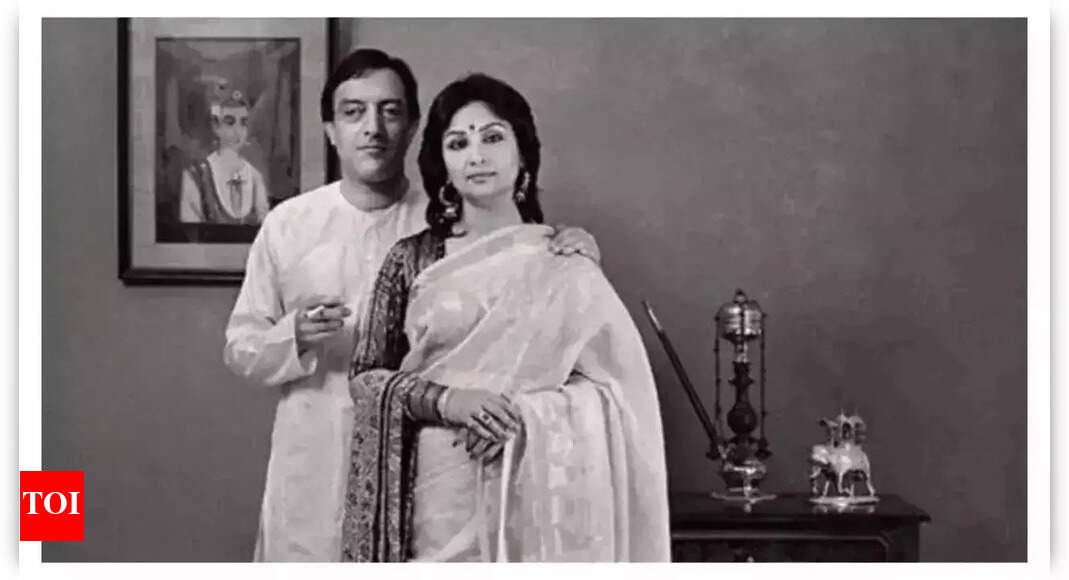Now Reading: Sharmila Tagore Reflects on Marrying Tiger Pataudi Despite Industry Warnings
-
01
Sharmila Tagore Reflects on Marrying Tiger Pataudi Despite Industry Warnings
Sharmila Tagore Reflects on Marrying Tiger Pataudi Despite Industry Warnings

Swift Summary
- sharmila Tagore married Mansoor Ali Khan Pataudi (Tiger Pataudi) at the peak of her film career, making a bold decision to enter an interfaith marriage despite opposition and alleged death threats.
- She continued working in films after marriage,defying societal norms that questioned how her husband “allowed” her to work. Her husband was described as liberal and supportive in his thinking.
- Soha Ali Khan, Sharmila’s daughter, stated that society labeled Sharmila’s decision as “professional suicide,” but Sharmila was determined and achieved some of her biggest successes after marriage.
- After Tiger Pataudi retired from cricket with no financial support like endorsements or IPL earnings,Sharmila became the breadwinner for their family.
- Despite societal expectations around women’s roles post-marriage and motherhood, Sharmila showcased independence by balancing a thriving career with personal life.
Indian Opinion Analysis
Sharmila Tagore’s journey sheds light on several enduring themes relevant to Indian society: gender norms in professional spaces, interfaith relationships, and shifting dynamics within families.By continuing her career post-marriage during a time when societal pressures often dictated otherwise for women in India’s entertainment industry,she challenged preconceived notions of what it meant to balance personal ambition with family responsibilities. Moreover, the narrative underscores evolving perspectives on gender equality within households-Mansoor Ali Khan Pataudi’s liberal outlook evidently empowered rather than constrained his wife’s choices.
This story carries contemporary meaning as India grapples with both customary values and modern ideals surrounding women’s roles within families and society at large.It also highlights progress toward normalization of diverse religious unions amid social resistance-a conversation still relevant today.
























